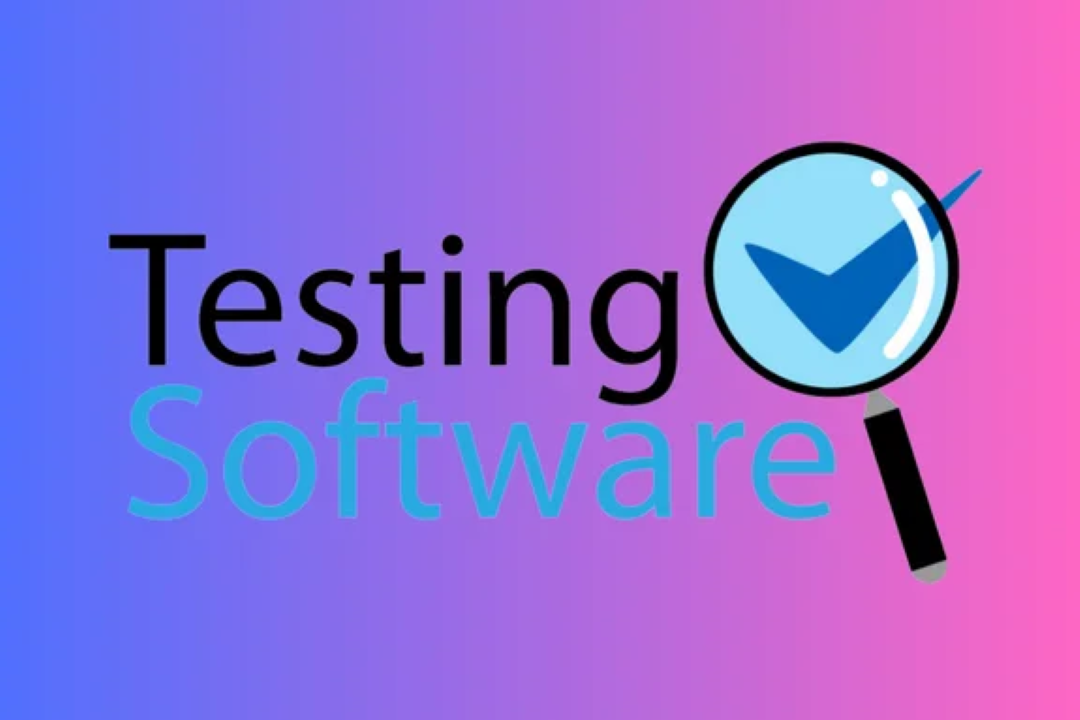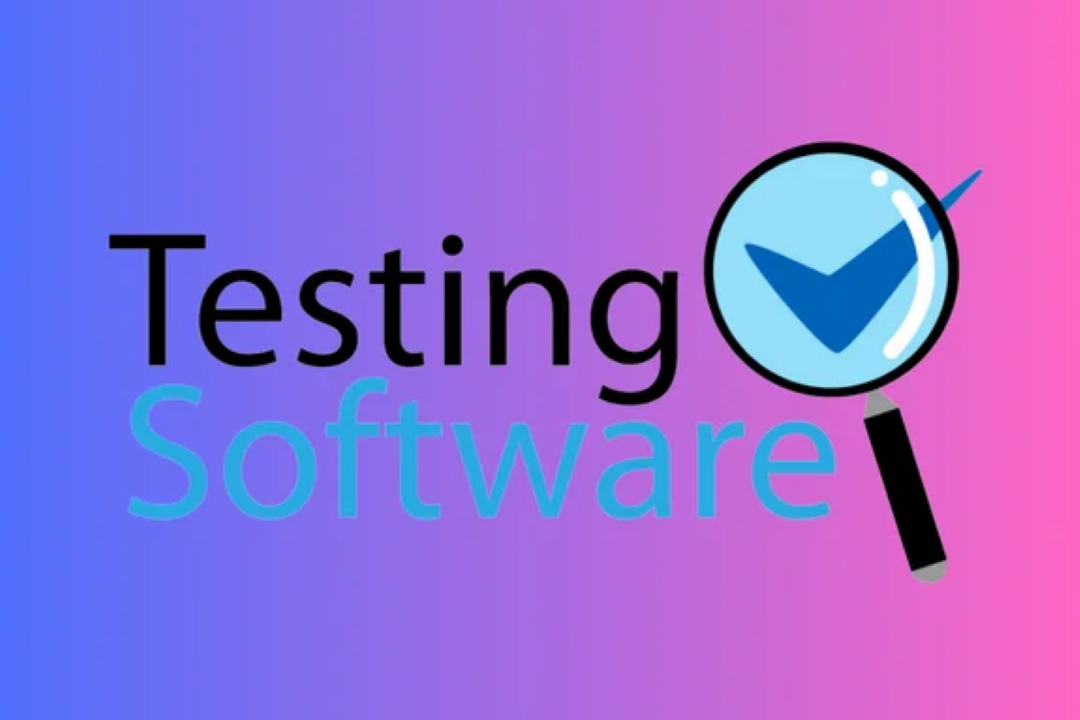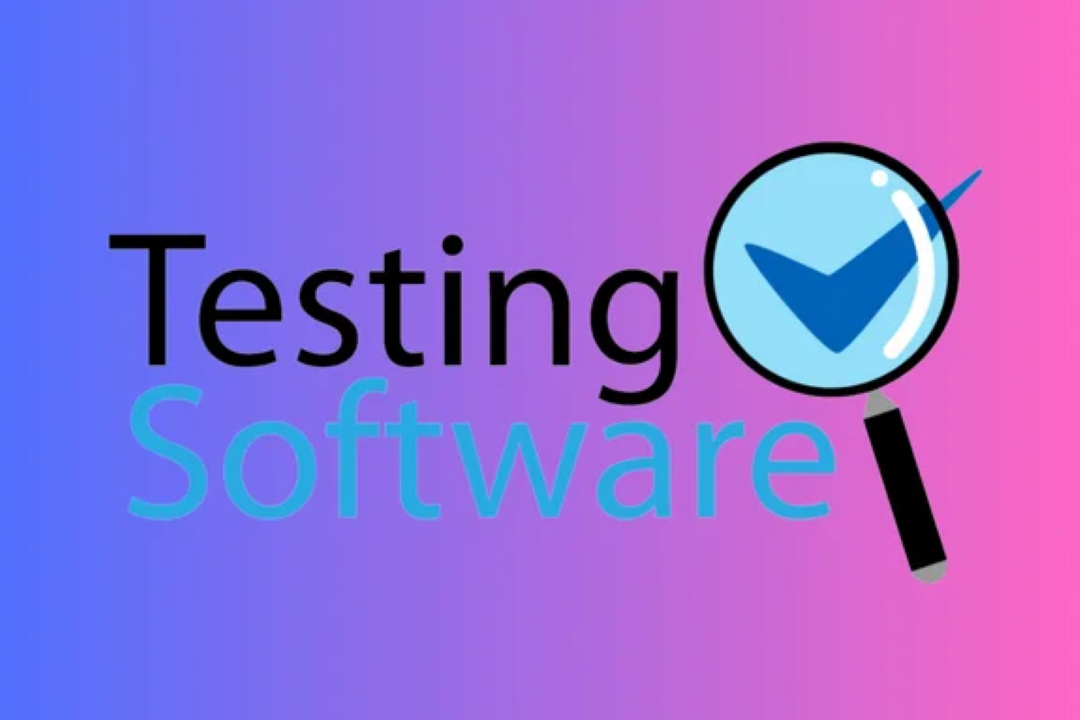BDD with Selenium Training
Behavior-Driven Development (BDD) with Selenium training focuses on enhancing software development p
BDD with Selenium Training
Behavior-Driven Development (BDD) with Selenium training is invaluable for teams aiming to enhance their software development lifecycle by ensuring that applications align closely with user requirements. This training equips participants with the skills to write clear, user-centered specifications in plain language, enabling collaboration among developers, testers, and business stakeholders. By leveraging Selenium for automated testing based on these specifications, teams can efficiently validate functionality, reduce miscommunication, and improve overall software quality. This approach not only accelerates the delivery of reliable software but also fosters a shared understanding of project goals, making it an essential practice for successful software development.
To Download Our Brochure: https://www.justacademy.co/download-brochure-for-free
Message us for more information: +91 9987184296
Behavior Driven Development (BDD) with Selenium training is invaluable for teams aiming to enhance their software development lifecycle by ensuring that applications align closely with user requirements. This training equips participants with the skills to write clear, user centered specifications in plain language, enabling collaboration among developers, testers, and business stakeholders. By leveraging Selenium for automated testing based on these specifications, teams can efficiently validate functionality, reduce miscommunication, and improve overall software quality. This approach not only accelerates the delivery of reliable software but also fosters a shared understanding of project goals, making it an essential practice for successful software development.
Course Overview
The “BDD with Selenium Training” course provides an in-depth understanding of Behavior-Driven Development (BDD) principles and their application in automated testing using Selenium. Participants will learn how to create user stories and scenarios using the Gherkin language, collaboratively define application behavior, and implement test automation that reflects business requirements. The course emphasizes hands-on experience with real-time projects, enabling learners to effectively write, execute, and maintain tests in a BDD framework. By the end of the training, participants will possess the skills to improve communication between technical and non-technical team members, enhance software quality, and deliver robust applications that meet user expectations.
Course Description
The ‘BDD with Selenium Training’ course offers participants a comprehensive overview of implementing Behavior-Driven Development (BDD) using Selenium for automated testing. This program covers fundamental BDD concepts, including the creation of user stories and scenarios with Gherkin syntax. By engaging in real-time projects, learners will gain practical experience in writing, executing, and maintaining automated tests that align closely with business requirements. The course aims to bridge the communication gap between technical and non-technical stakeholders, ensuring that software development aligns with user needs and enhances overall application quality.
Key Features
1 - Comprehensive Tool Coverage: Provides hands-on training with a range of industry-standard testing tools, including Selenium, JIRA, LoadRunner, and TestRail.
2) Practical Exercises: Features real-world exercises and case studies to apply tools in various testing scenarios.
3) Interactive Learning: Includes interactive sessions with industry experts for personalized feedback and guidance.
4) Detailed Tutorials: Offers extensive tutorials and documentation on tool functionalities and best practices.
5) Advanced Techniques: Covers both fundamental and advanced techniques for using testing tools effectively.
6) Data Visualization: Integrates tools for visualizing test metrics and results, enhancing data interpretation and decision-making.
7) Tool Integration: Teaches how to integrate testing tools into the software development lifecycle for streamlined workflows.
8) Project-Based Learning: Focuses on project-based learning to build practical skills and create a portfolio of completed tasks.
9) Career Support: Provides resources and support for applying learned skills to real-world job scenarios, including resume building and interview preparation.
10) Up-to-Date Content: Ensures that course materials reflect the latest industry standards and tool updates.
Benefits of taking our course
Functional Tools
1 - Selenium WebDriver
Selenium WebDriver is a fundamental tool in the BDD with Selenium training program. It enables automated testing for web applications by providing an interface to initiate browser sessions and simulate user interactions. Participants will learn how to write test scripts to verify the functionality of web applications across different browsers. With its support for multiple programming languages like Java, Python, and C#, students gain a versatile skill set. The training emphasizes best practices for using WebDriver effectively, such as handling waits, managing test data, and navigating between pages, ensuring comprehensive knowledge of the tool.
2) Cucumber
Cucumber is an essential tool used in Behavior Driven Development (BDD) that bridges the gap between technical and non technical team members. In this training, students learn to write feature files in Gherkin syntax, which is easy to understand and allows collaboration across diverse stakeholders. Through Cucumber, participants will implement scenarios that describe application behaviors, enabling a shared understanding of requirements. The training covers how to link Gherkin steps to automation code, thus promoting seamless integration between testing and development processes.
3) JUnit/TestNG
JUnit and TestNG are two widely used testing frameworks in the Java ecosystem. This course introduces participants to these frameworks, providing them with the tools to write, manage, and execute tests efficiently. Students will learn the differences between the two frameworks, including annotations, assertion mechanisms, and running tests in parallel. The training emphasizes the integration of JUnit or TestNG with Selenium WebDriver, allowing for a structured approach to test organization and execution, which ultimately increases the maintainability and scalability of test suites.
4) Maven
Maven is a build automation tool that helps manage dependencies and project configurations. In the BDD with Selenium course, students will learn how to set up and configure Maven for their projects, enabling them to streamline the testing process. Participants will explore how Maven simplifies project management, including handling library dependencies and build management, which reduces the complexity associated with setup. This knowledge is crucial for creating robust, maintainable testing frameworks that can handle multiple environments seamlessly.
5) Allure Reports
Allure Reports is a powerful reporting tool that enhances the visibility of test results. During the training, students will learn how to generate and customize reports to provide clear insights into testing outcomes. Allure integrates with various testing frameworks and offers a user friendly interface to visualize test execution, including detailed logs and screenshots of failed tests. This skill equips participants with the ability to communicate testing status effectively to stakeholders, facilitating discussions on quality assurance.
6) Git and GitHub
Version control is a critical aspect of software development and testing practices. In the BDD with Selenium training, learners will be introduced to Git and GitHub for managing test scripts and collaborating on projects. Students will grasp the importance of version control in tracking changes, enabling rollbacks, and managing multiple branches. The training emphasizes best practices for committing code, resolving merge conflicts, and utilizing pull requests, ensuring that participants are well prepared for collaborative work environments in the tech industry.
Certainly! Here are additional key components and concepts that can be covered in the BDD with Selenium training program:
7) Behavior Driven Development (BDD) Principles
Understanding the principles of BDD is fundamental to this course. Participants will explore how BDD promotes collaboration among stakeholders, including developers, testers, and business analysts. The training delves into the concept of writing tests in plain language that describes the intended behavior of the application, making requirements clear and actionable. This approach shifts the focus from traditional testing methods to a more collaborative, requirement driven process.
8) Page Object Model (POM)
The Page Object Model is a design pattern that enhances test maintenance and reduces code duplication. In the training, students will learn how to implement POM in their Selenium tests, creating page classes that encapsulate functionality and interactions of web pages. This methodology streamlines test code organization, improves readability, and facilitates easier updates to tests when application interfaces change, ultimately leading to more efficient automation scripts.
9) Continuous Integration and Continuous Deployment (CI/CD)
Integrating testing into the CI/CD pipeline is crucial for modern software development. The course will explain how to set up CI/CD tools (like Jenkins, Travis CI, or CircleCI) to automate the execution of Selenium tests during the build process. Participants will learn how to configure build triggers, manage test environments, and generate reports, ensuring that tests are run consistently and rapidly with every code change, ultimately improving the software delivery process.
10) Handling Dynamic Web Elements
Dealing with dynamic web elements is a common challenge in automated testing. This training session will cover strategies to handle elements that change during runtime, such as AJAX components or dynamically loaded content. Students will learn techniques like explicit waits, fluent waits, and the use of JavaScript execution to interact with these elements accurately, ensuring robust and reliable test scripts.
11 - Cross Browser Testing
With the vast array of browsers and devices in use, cross browser testing is vital for ensuring application compatibility. In this module, participants will learn how to utilize tools like BrowserStack or Selenium Grid to execute tests across different browsers and operating systems. This knowledge enables students to identify and resolve browser specific issues, ensuring a consistent user experience across platforms.
12) Test Data Management
Effective test data management is crucial for meaningful test execution. The training will highlight various approaches to handling test data, including the use of data driven testing with tools like Apache POI or JSON files. Participants will learn how to design tests that can run with multiple datasets, improving test coverage and making the testing process more efficient and comprehensive.
13) Error Handling and Logging
Robust error handling and logging practices are essential for troubleshooting automated tests. This course section will teach students how to implement try catch blocks in their Selenium scripts, enabling graceful handling of exceptions and continued test execution where appropriate. Additionally, learners will explore different logging frameworks (such as Log4j) to capture detailed execution logs, thereby simplifying the debugging process and enhancing the test reporting.
14) API Testing Basics
Understanding API testing complements UI testing and ensures end to end functionality. In this training module, participants will be introduced to API testing concepts using tools like Postman or REST Assured. Students will learn how to validate the backend services that power their web applications, ensuring that the system behaves correctly even beyond the user interface.
15) Soft Skills and Collaboration
While technical skills are crucial, soft skills play an equally important role in a successful QA engineer's career. The course will emphasize the importance of effective communication, teamwork, and problem solving abilities in a collaborative environment. Participants will engage in team exercises and discussions to foster collaboration, ensuring they are well equipped to work in dynamic, cross functional teams.
Through comprehensive coverage of these topics, participants in the BDD with Selenium training will gain a well rounded skill set, equipping them for successful careers in software testing and automation.
Browse our course links : https://www.justacademy.co/all-courses
To Join our FREE DEMO Session:
This information is sourced from JustAcademy
Contact Info:
Roshan Chaturvedi
Message us on Whatsapp:
Email id: info@justacademy.co
Best Ide For React Native 2019
Toolsqa Appium Interview Questions











